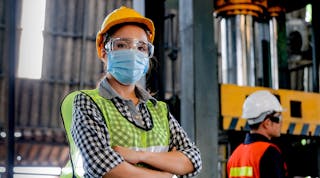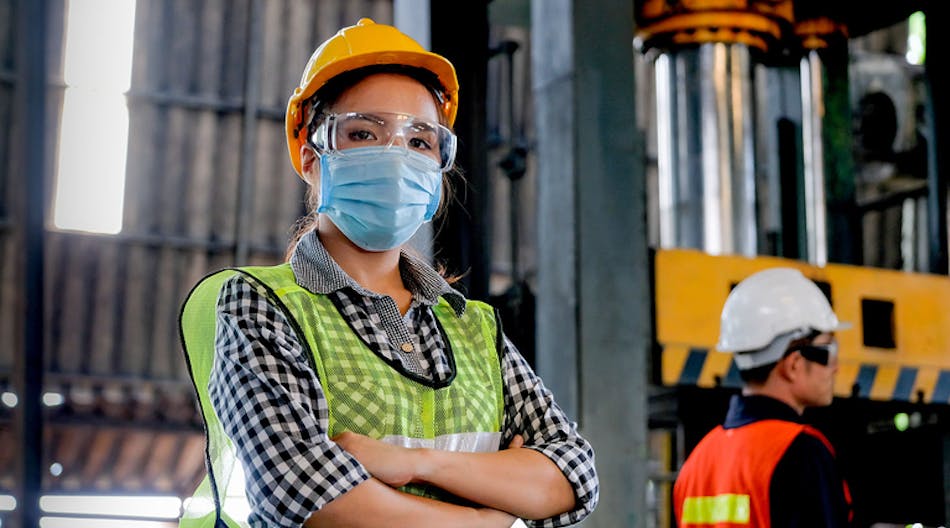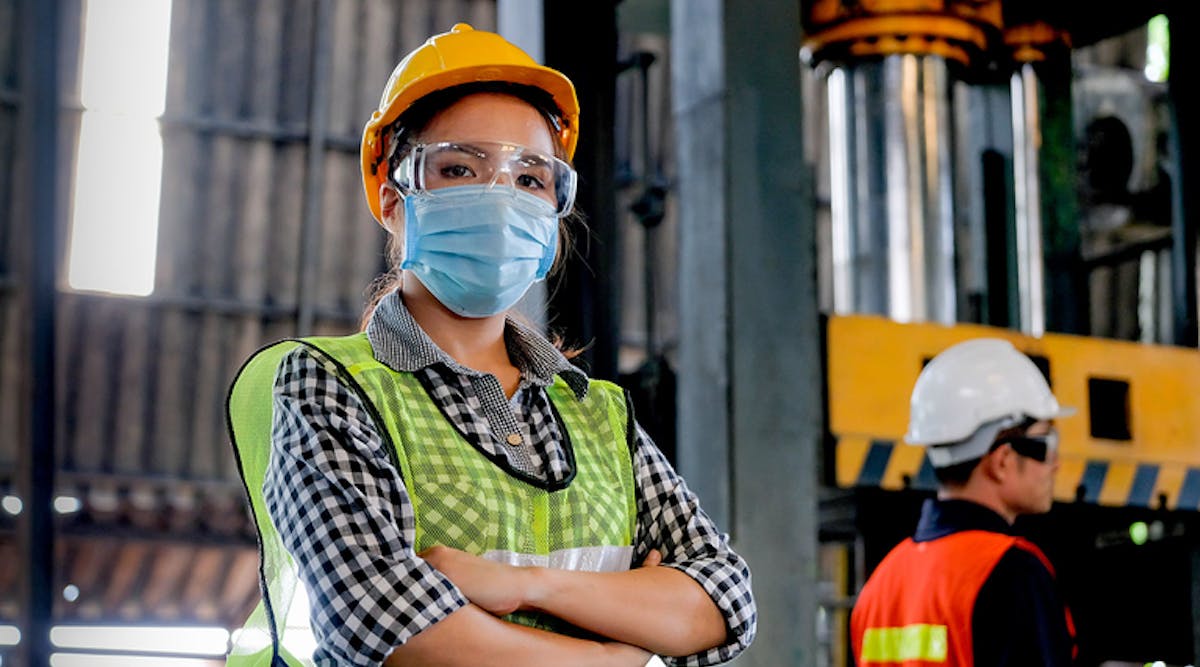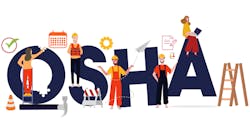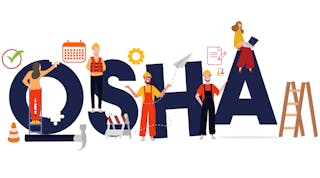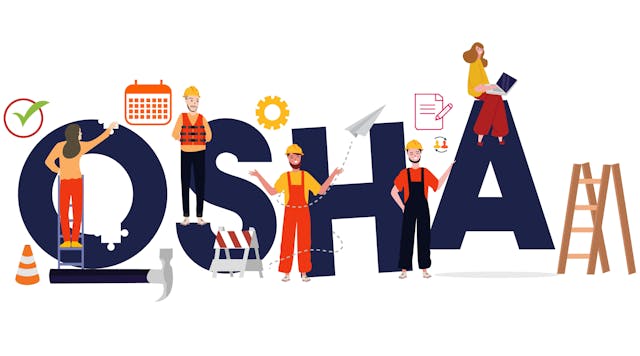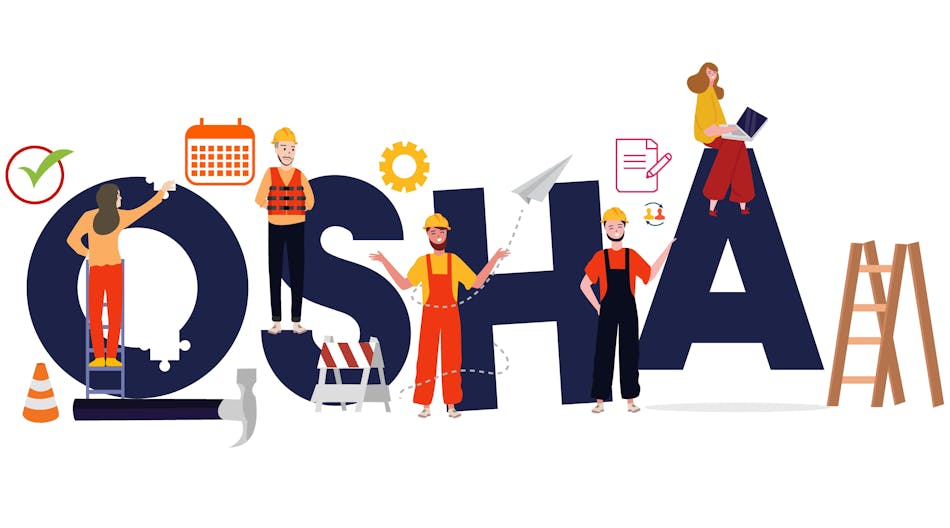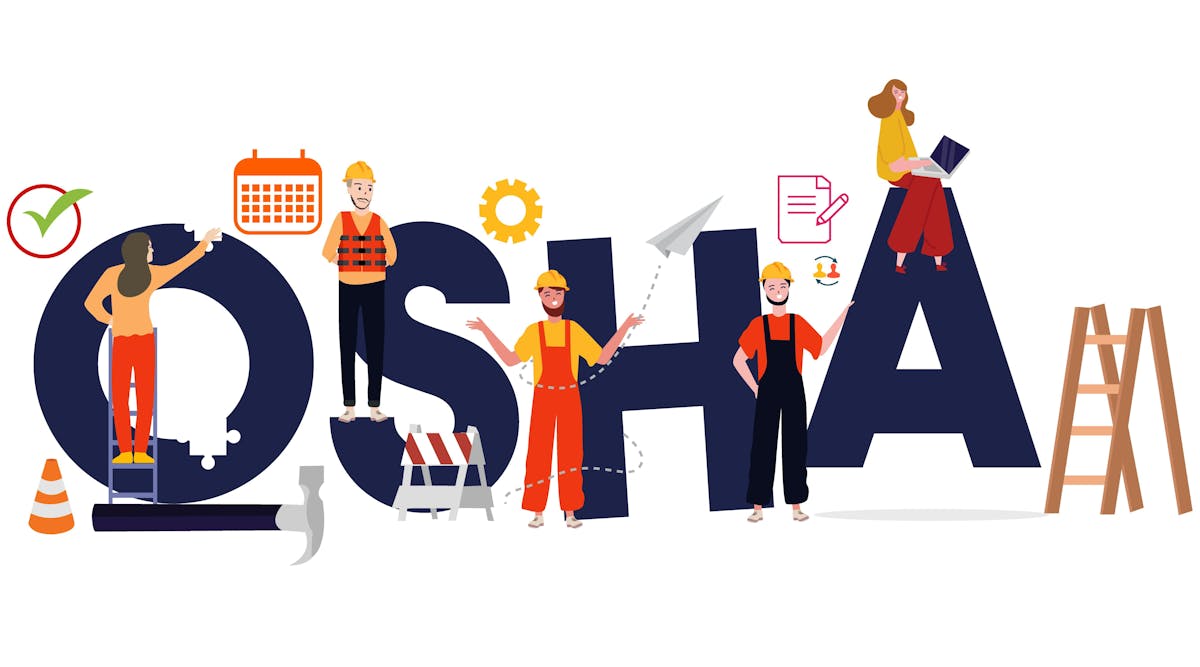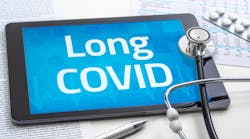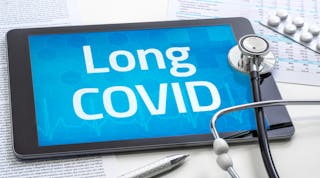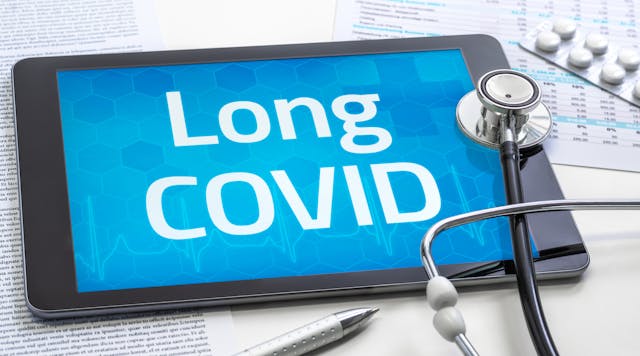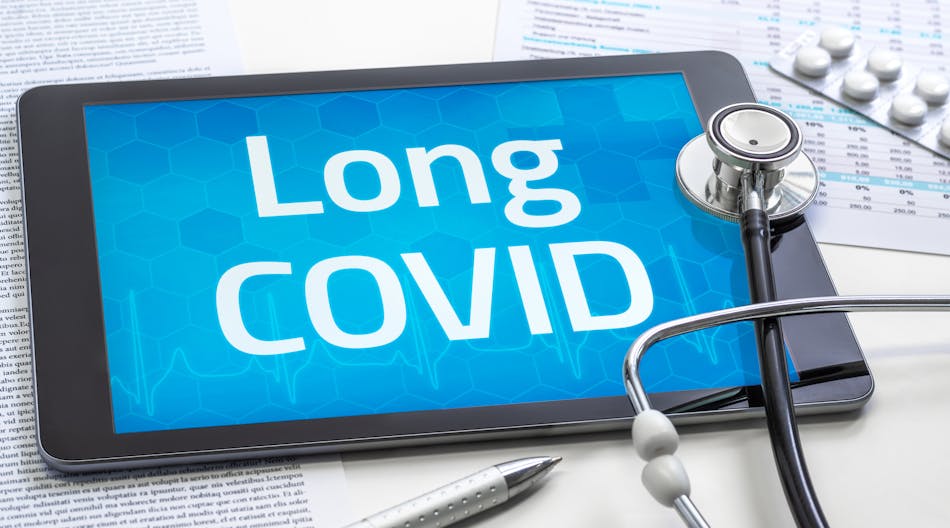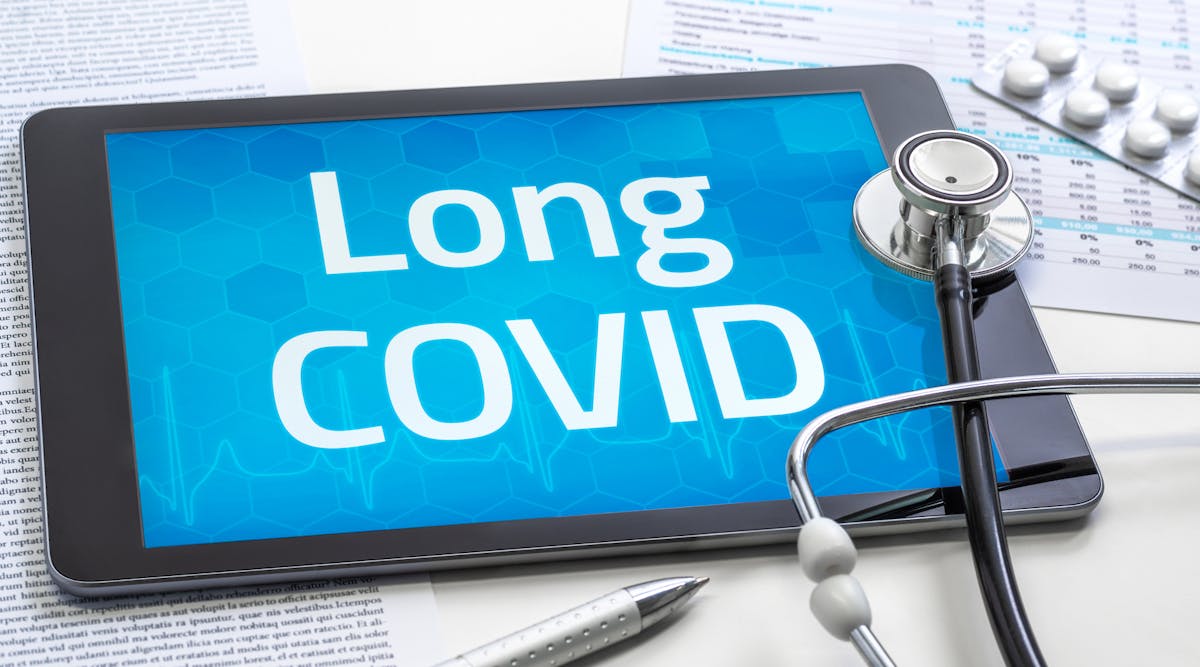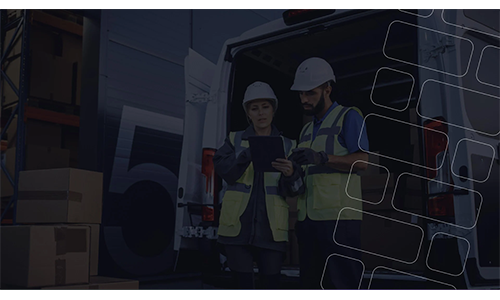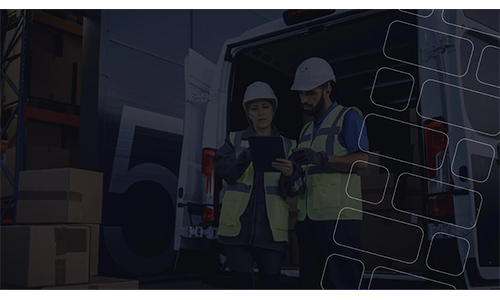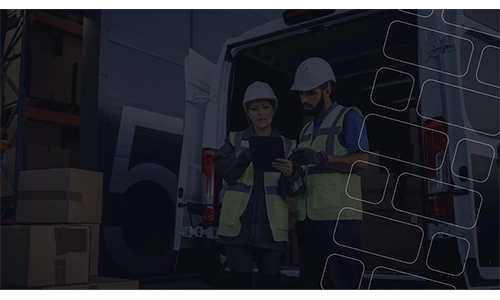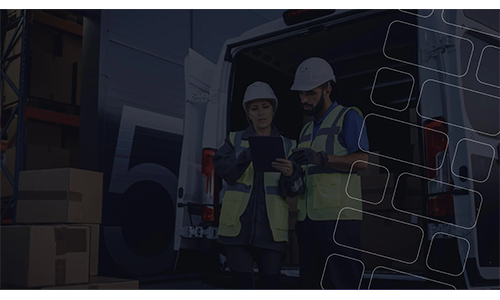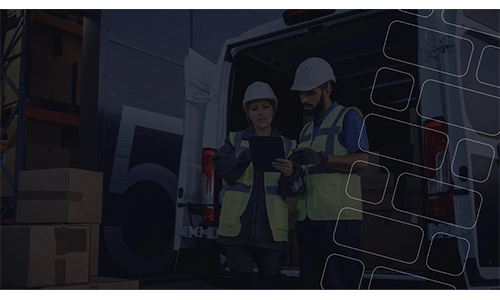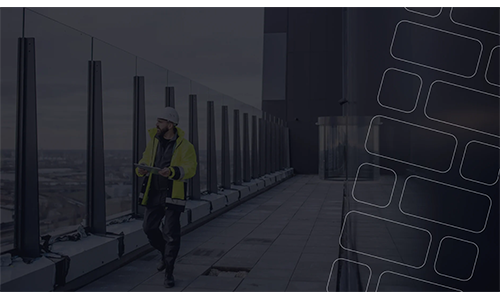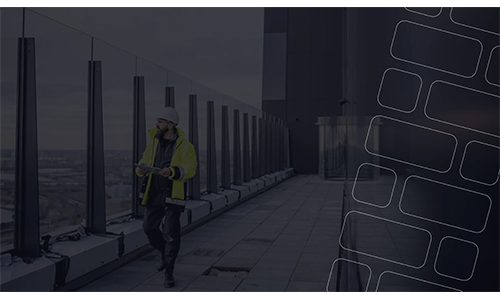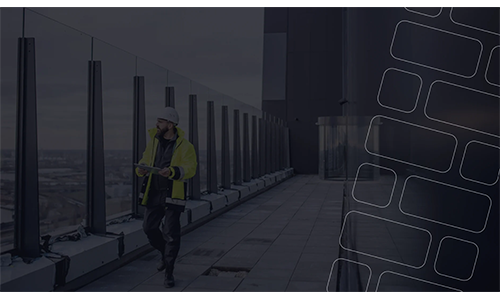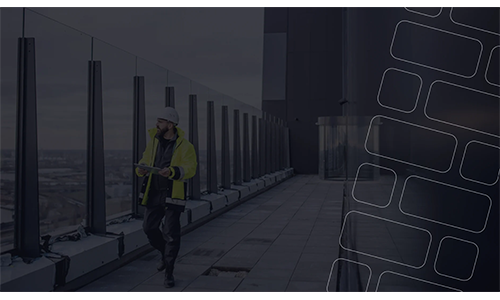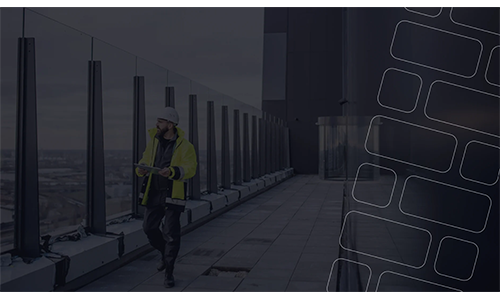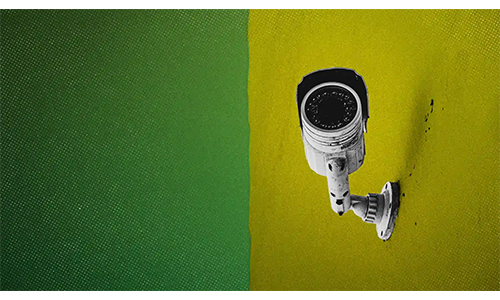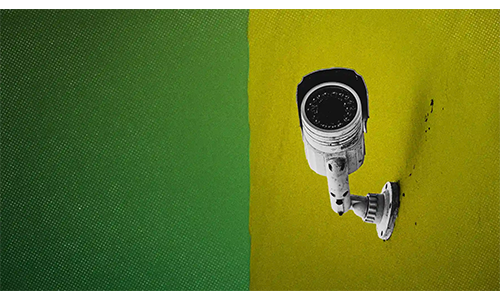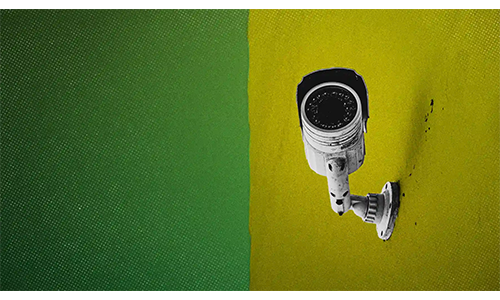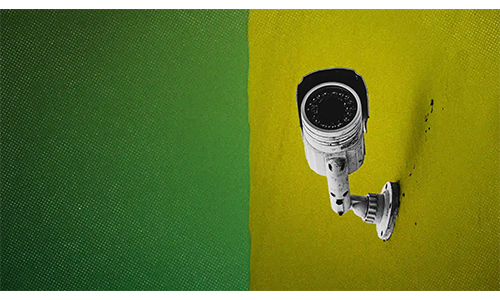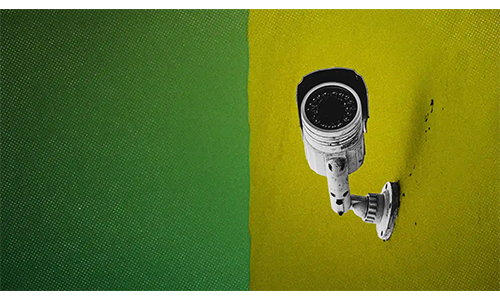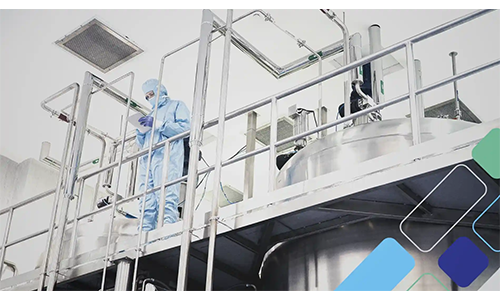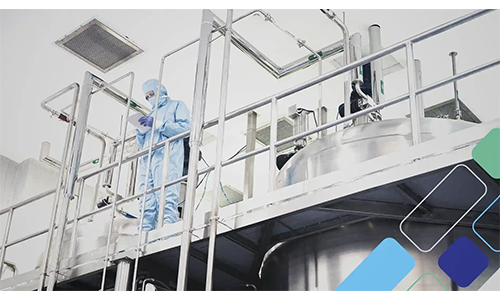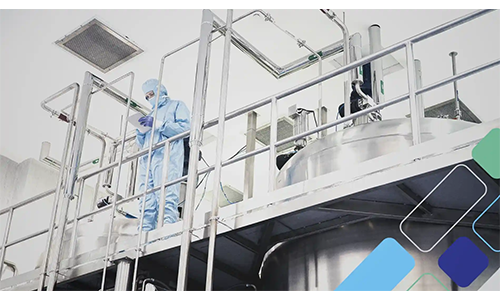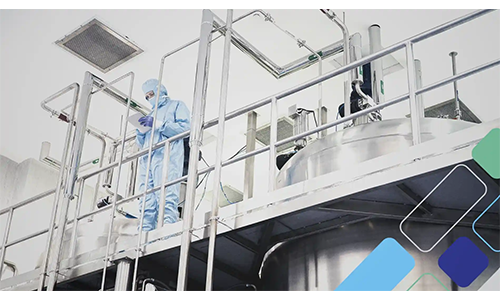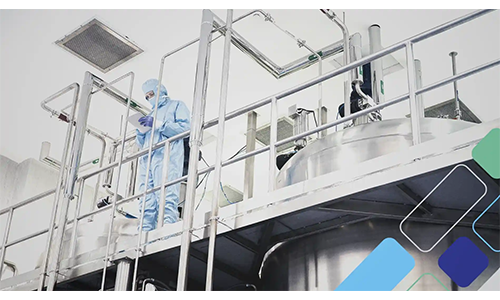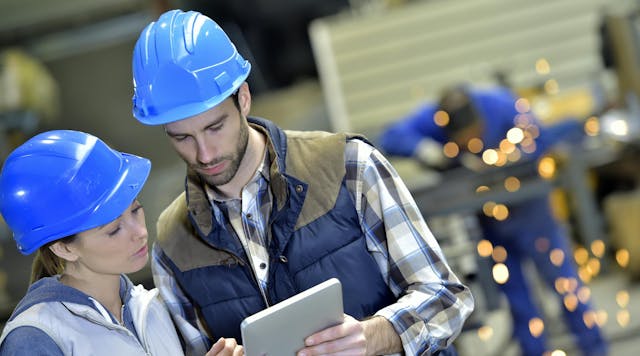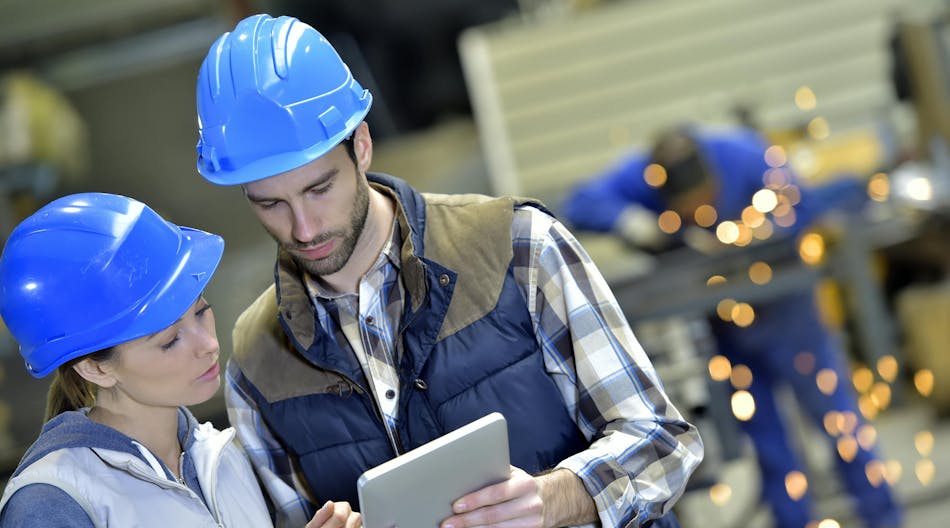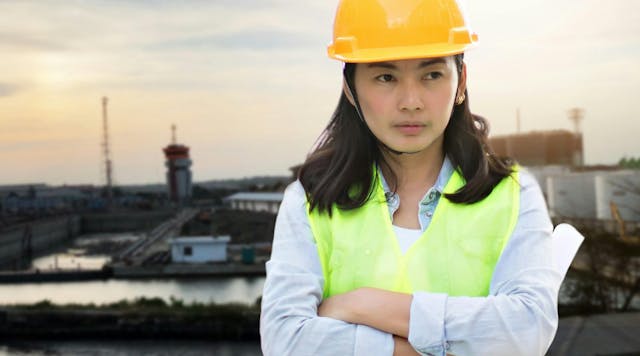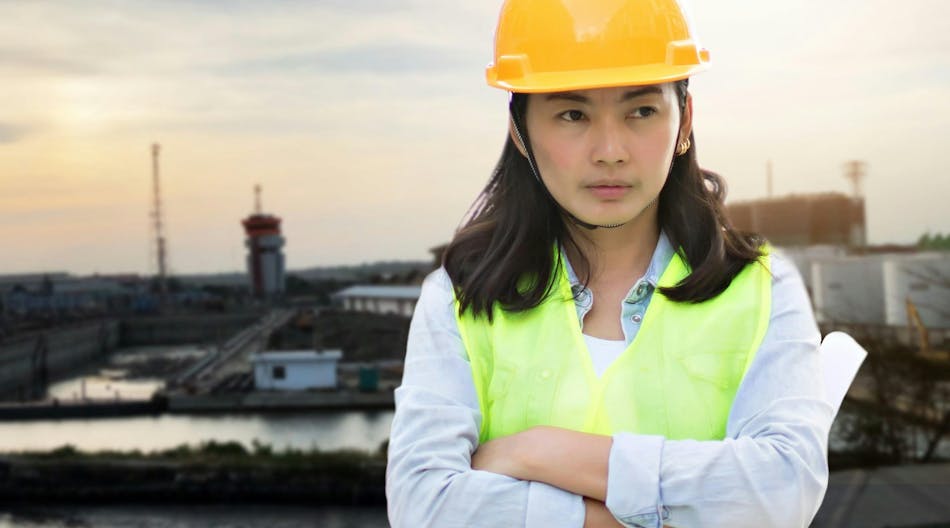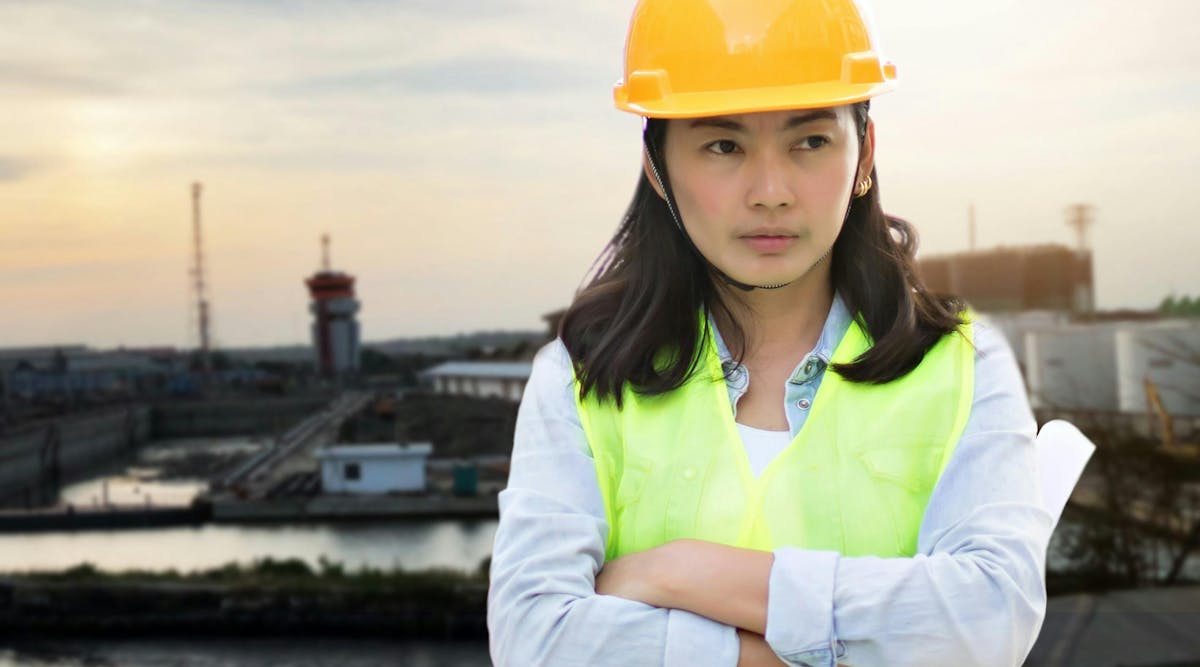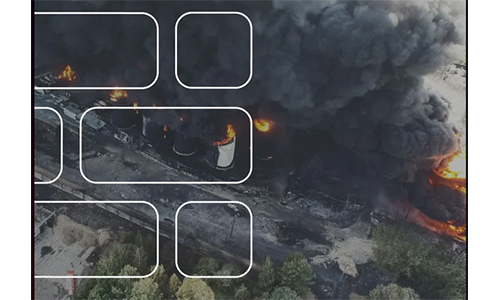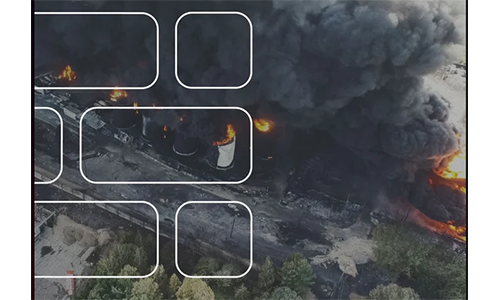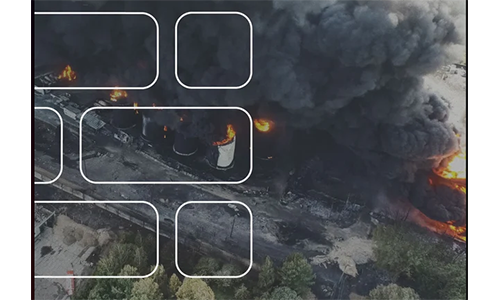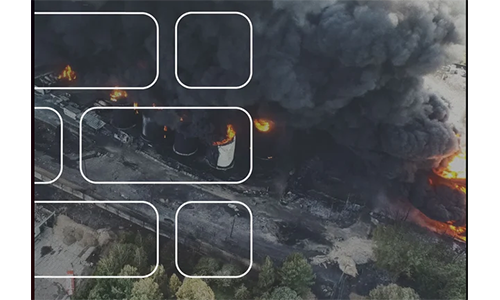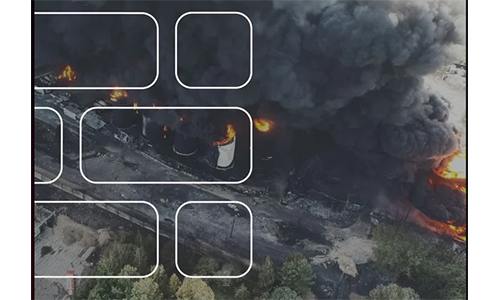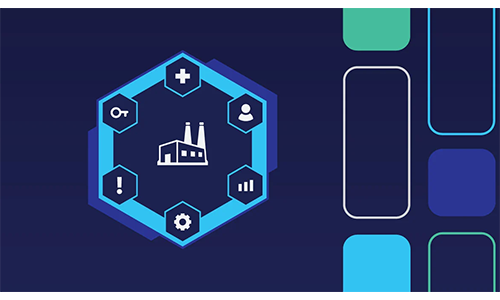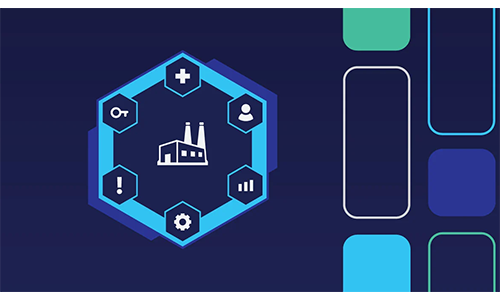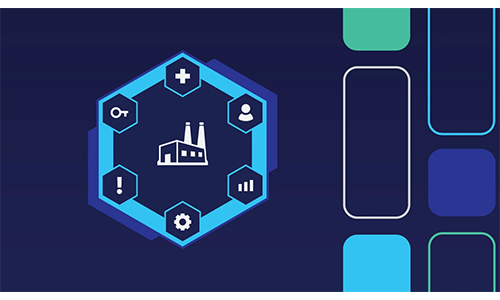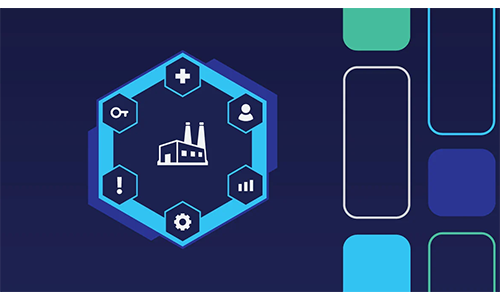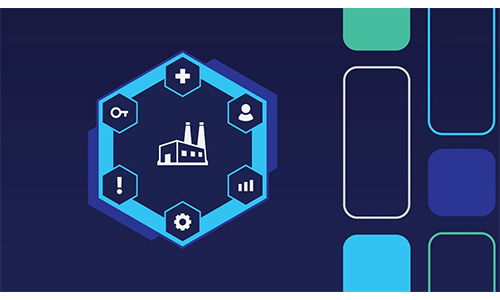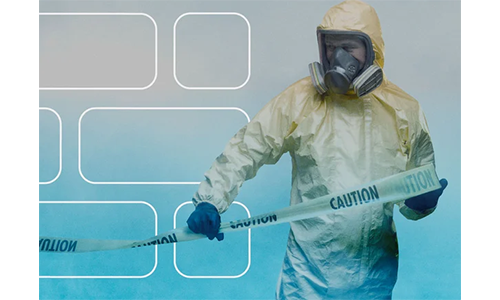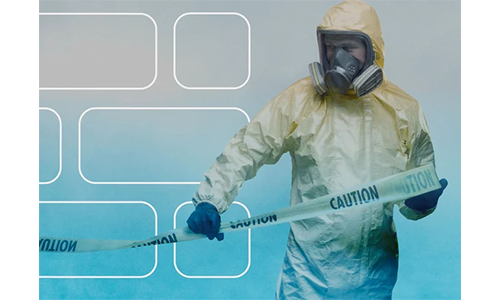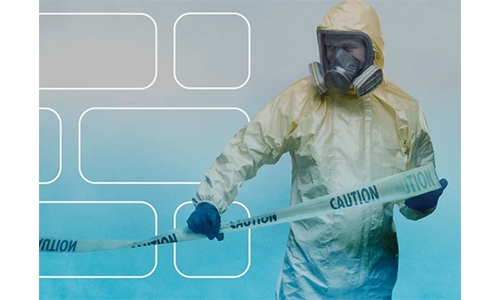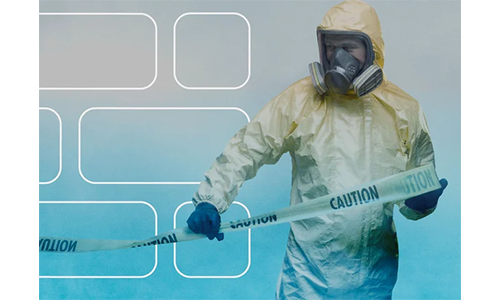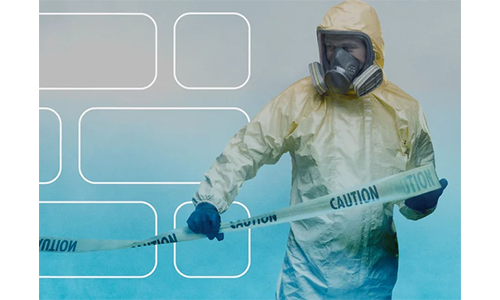The American Industrial Hygiene Association (AIHA) has announced its revisions to its complete library of its Back to Work Safely (BTWS) guidelines. The new edition includes multiple updates, including reference to: current scientific evidence indicating that SARS-CoV-2, the virus that causes COVID-19, is spread primarily by fine particle airborne transmission; the hierarchy of health and safety controls; and alignment with the CDC’s new recommendations regarding vaccinated individuals.
"There’s been a seismic shift in the level of understanding of how the virus propagates since the first cases of COVID-19 were identified, not to mention the massive (ongoing) deployment of vaccines worldwide. Employers are increasingly concerned about how to keep their employees safe and how to address potential liability issues as they return to work,” said Lawrence D. Sloan, AIHA’s CEO. “We have continued to update the AIHA Back to Work Safely guidance documents to address the latest science as employers re-open their workplaces and navigate evolving employee work arrangements.”
AIHA’s Back to Work Safely Guidelines, 2nd Edition, is now available for small to mid-size businesses in 27 sectors. The free guidance documents, available only in English now (and in Spanish this fall), provide clear and actionable steps towards the safe operations of a variety of workplaces through prevention, early detection, and control of COVID-19. The new edition offers practical guidance for employers to implement multiple layers of risk mitigation strategies in order of most effective to least effective – through the elimination of a hazard, substitution of a hazard, use of engineering controls (e.g., increased ventilation and air filtration), administrative controls (e.g., staggered shifts), and personal protective equipment (e.g., respirators and gloves).
“We also included an expanded discussion of how COVID-19 is primarily transmitted, and how important it is for employers to perform a job hazard analysis prior to re-opening and periodically after re-opening (as needed), so that the implemented measures continue being health protective,” said Melanie D. Nembhard MSPH, CIH, lead contributor to the BTWS 2nd edition guidance documents. “We urge employers to implement a multi-layered risk management approach so that if one layer is weakened or fails (e.g., masks or physical distancing), the other protective measures such as ventilation or disinfection are there and can be strengthened to provide adequate protection for workers.”
As some restrictions have lifted and continue to be lifted, many uncertainties still remain. The latest guidelines address difficult questions that employers face as they re-open, resume normal operations, or continue normal operations, such as:
- What communication is needed to keep everyone informed of the preventive steps being taken?
- What steps can we take to minimize the risk of disease transmission?
- What training is needed for our employees?
- What health and safety measures do we need to take regarding new virus variants?
- What do we do if an employee or customer has tested positive for, or is suspected to have, COVID-19?
- What do we do if an employee or customer is sick or not following guidelines?
- How do we handle crowd management (high traffic) throughout the workplace, including during peak times?
- How do we deal with cleaning and disinfecting high-contact surfaces such as check-in desks, computer keyboards and door handles regularly during the day?
In addition to the BTWS guidelines AIHA has free, detailed engineering controls resources, including:
- Guide for Recovering from COVID-19 Building Closures
- Reducing the Risk of COVID-19 Using Engineering Controls
- Employers Guide to COVID-19 Cleaning and Disinfection in Non-Healthcare Workplaces
- Effective and Safe Practices, Guidance for Custodians, Cleaning and Maintenance Staff
- Occupational Safety and Health Guide for Surface Disinfection Practices Using Germicidal Ultraviolet Radiation

